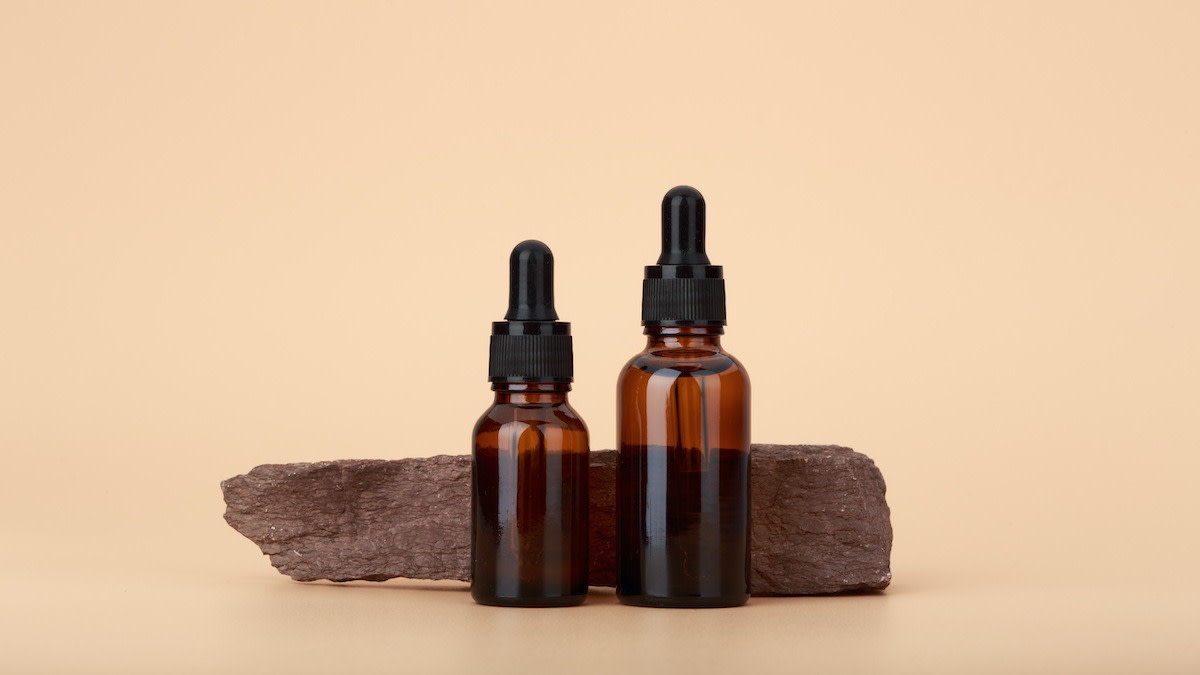Retinol vs. Retinoids: Comparing the Skincare Ingredients
Written by MasterClass
Last updated: Sep 23, 2021 • 2 min read
Retinoids and retinol are common FDA-approved ingredients in skincare products with many similarities and a few key differences.
Learn From the Best
What Are Retinoids?
Retinoid is an umbrella term for several compounds derived from vitamin A, a common ingredient in topical or oral skincare products. Ingredients under the retinoid umbrella include retinol, adapalene (Differin), tazarotene, retinyl palmitate, retinyl linoleate, and tretinoin.
In general, dermatologists may recommend a particular retinoid for many reasons: Derm-grade retinoids can control and prevent breakouts, stimulate collagen production, fade scars, even out skin tone, increase skin cell turnover, encourage blood flow, or decrease inflammation.
What Is Retinol?
Retinol, sometimes called Retin-A, is a retinoid available over the counter (OTC) at pharmacies and drug stores. It shares many benefits with other retinoids, including reducing the appearance of fine lines, treating acne, fading pigmentation scars or dark spots, and stimulating collagen production.
However, retinol is lower-strength and slower-acting than many other retinoids because your skin’s enzymes must convert it to retinoic acid before it can take effect.
Retinol vs. Retinoids: 5 Differences
Retinoids (including retinol) are a common part of modern skincare routines, often side-by-side with a moisturizer or sunscreen. While retinol is a type of retinoid and they share many of the same effects, the two terms are not interchangeable and have several key differences:
- 1. Composition: “Retinol” is a specific term that refers to a vitamin-A derivative that doesn’t function as an active ingredient in skincare formulations. Instead, you must apply it to your skin so your enzymes can convert it to retinoic acid. On the other hand, the term “retinoids” refers to a range of ingredients (including retinol) that can be active skincare ingredients and typically already contain retinoic acid.
- 2. Effects: All retinoids (including retinol) offer similar potential skincare benefits, such as increasing collagen production, unclogging pores, helping with hyperpigmentation, reducing fine lines, and fading sun damage or acne scars. However, because retinol is a low-strength retinoid, it often won’t perform these anti-aging or acne treatment functions as well as a prescription-strength retinoid.
- 3. Time frame: Retinol is a slow-acting retinoid, typically taking about twelve weeks of regular use before you can see its full effect. Alternatively, higher-strength retinoids can show results as soon as four weeks after your first use.
- 4. Best uses: Many retinoids, including retinol, have side effects like redness, dryness, flaking, or irritation. However, since retinol products are lower-strength, dermatologists may recommend them for individuals with sensitive skin, dry skin, or irritation-prone skin or those just starting with retinoid products. Dermatologists may recommend higher-strength prescription retinoids, like tretinoin, if you have previously used topical retinoids or have a skin type that can tolerate it.
- 5. Access: Retinol serums are available at drugstores as an over-the-counter product, while higher-strength retinoid products are typically prescription-only.
Before Starting a New Skincare Regimen
Individuals experience different levels of sensitivity to ingredients found in various skincare products. To prevent adverse reactions, consult a dermatologist before applying a new product to your skin. This article is for educational and informational purposes only, and is not a substitute for professional medical advice.
Before Starting a New Skincare Regimen
Individuals experience different levels of sensitivity to ingredients found in various skincare products. To prevent adverse reactions, consult a dermatologist before applying a new product to your skin. This article is for educational and informational purposes only, and is not a substitute for professional medical advice.
Learn More
Get the MasterClass Annual Membership for exclusive access to video lessons taught by the world’s best, including Bobbi Brown, RuPaul, Tan France, and more.
